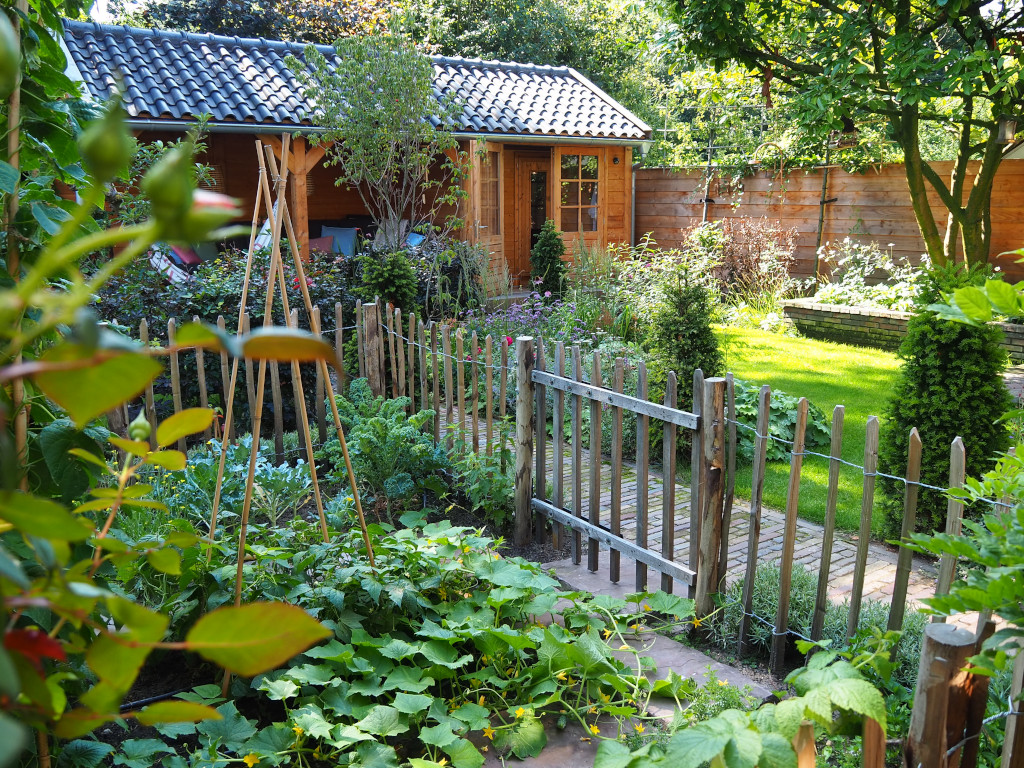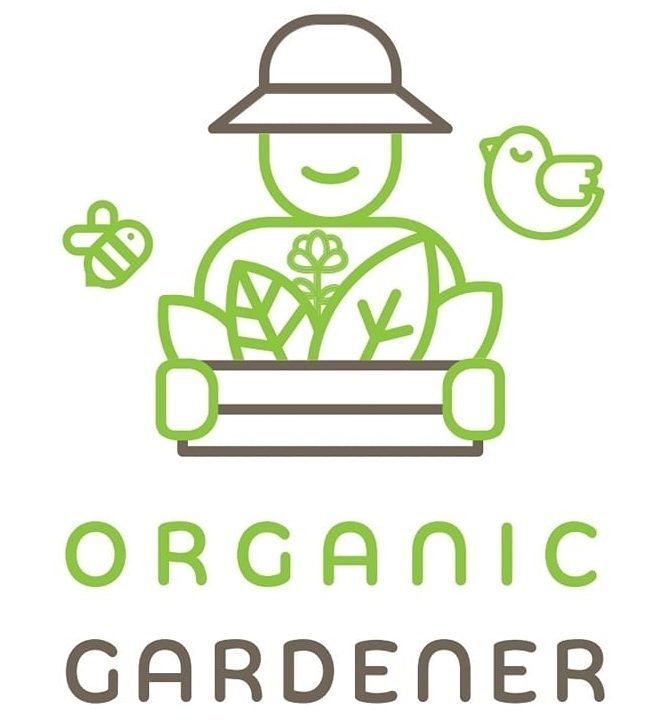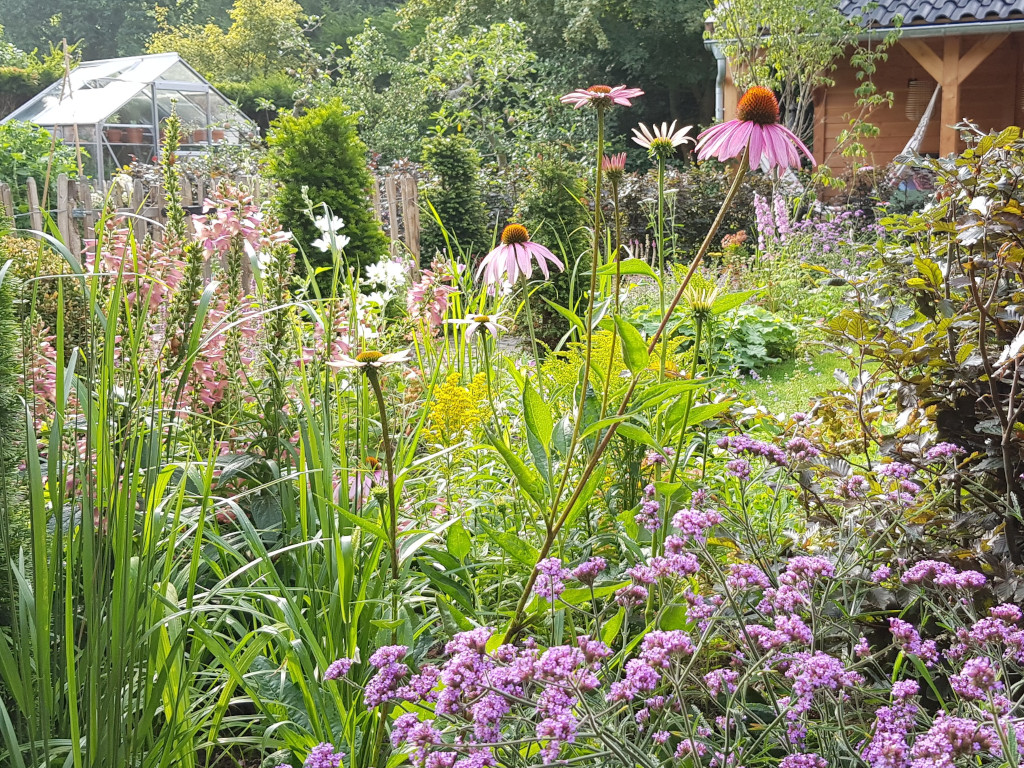With the 5 steps below you will be ready to setting up your own productive organic garden. Organic gardening will give you a chance to connect with nature while learning new skills.
1. Decide What Type of Garden you Would Like to Have
There are many different types of gardens to choose from, so take some time to think about what kind of garden you would like to design.
Some questions to consider:
- Which are the spots in your garden where you like to sit, eat or relax most? Most likely these are the spots you naturally go to. So, plan for terraces first.
- Do you have young children who love to play in the garden? Make sure to plan an area for them to play.
- Would you like to grow your own food and herbs? Look for a sunny, sheltered spot and also: If you plan your kitchen garden near your home, it will be easier to pick food and herbs.
- How much time do you have for gardening like weeding and pruning? Make sure to choose plants that will suit your wishes and available time best.
- Do you need your garden for storage as well? Think of the best place to build a shed. A spot where you can’t satisfy your above wishes is most likely the best spot for a storage.
Answering these questions can help you get a clearer picture of your garden design. Deciding what you want in your garden is the first step to making it come true.


2. Choose Plants that Fit Your Garden
Choosing plants you want to grow based on the type of soil and aspect is one of the most important things you’ll need to do when designing your organic garden. A warm and sunny area or half shade will provide you with the most choice in plants. Some plants won’t like shady or wet areas, however there are plenty beautiful plants that will tolerate moist or wet soil. If you choose the right plants for the right position, you will discover to having plants that thrive and need less maintenance as a bonus.
So, choosing the right plants will have many benefits, such as:
- Plants that thrive. Determine which type of soil you have in your garden. For example, if your soil is heavy clay or rocky, then you will need to choose plants that will tolerate rich soil. Is your soil sandy, it means you will need to water a lot so make sure to choose drought tolerant plants.
- Plants that have grown slowly and in their own time will have stronger roots than plants that are artificially grown. So, buy plants in season as much as possible, as they are eco-friendly and sustainably grown without the use of heating and growing hormones.
- Check if your plants are organically or eco-friendly grown, as they’re grown without the use of pesticides and chemical fertilizers. Bees and butterflies will be thankful for this.
3. Use Organic Compost for Healthy Soil
Preparing the soil for planting by adding organic compost is a vital step when starting a garden. Adding organic matter helps to draw nutrients up from the soil and into the plant. You can find organic matter in compost, manure, and other natural by-products. The organic matter provides nutrients to the plant while the plant produces its own nutrients. Enriching the soil with manure or compost will enable vegetables and flowers to grow healthy and strong.
It is worth planning a small space in your garden to make your own compost, so you know your compost is pesticide-free and natural. Making your own compost is a rewarding job to do and you will be amazed by the way nature works as well.
4. Control Pests in a Natural Way
5. Work with Nature instead of Against it
The practice of companion planting is to grow plants together that benefit each other. Researchers have discovered that companion planting in vegetable gardens improves crop yields and reduces insect infestations on roots. Ornamental plants, such as roses, also benefit from companion planting; pesticide use is reduced and vitality is increased.
Planting the same vegetables in the same spot year after year can make your plants grow at a slower rate, therefore, less than they would if they were in a new location each year. Crop rotation is a way of keeping your soil healthy.


